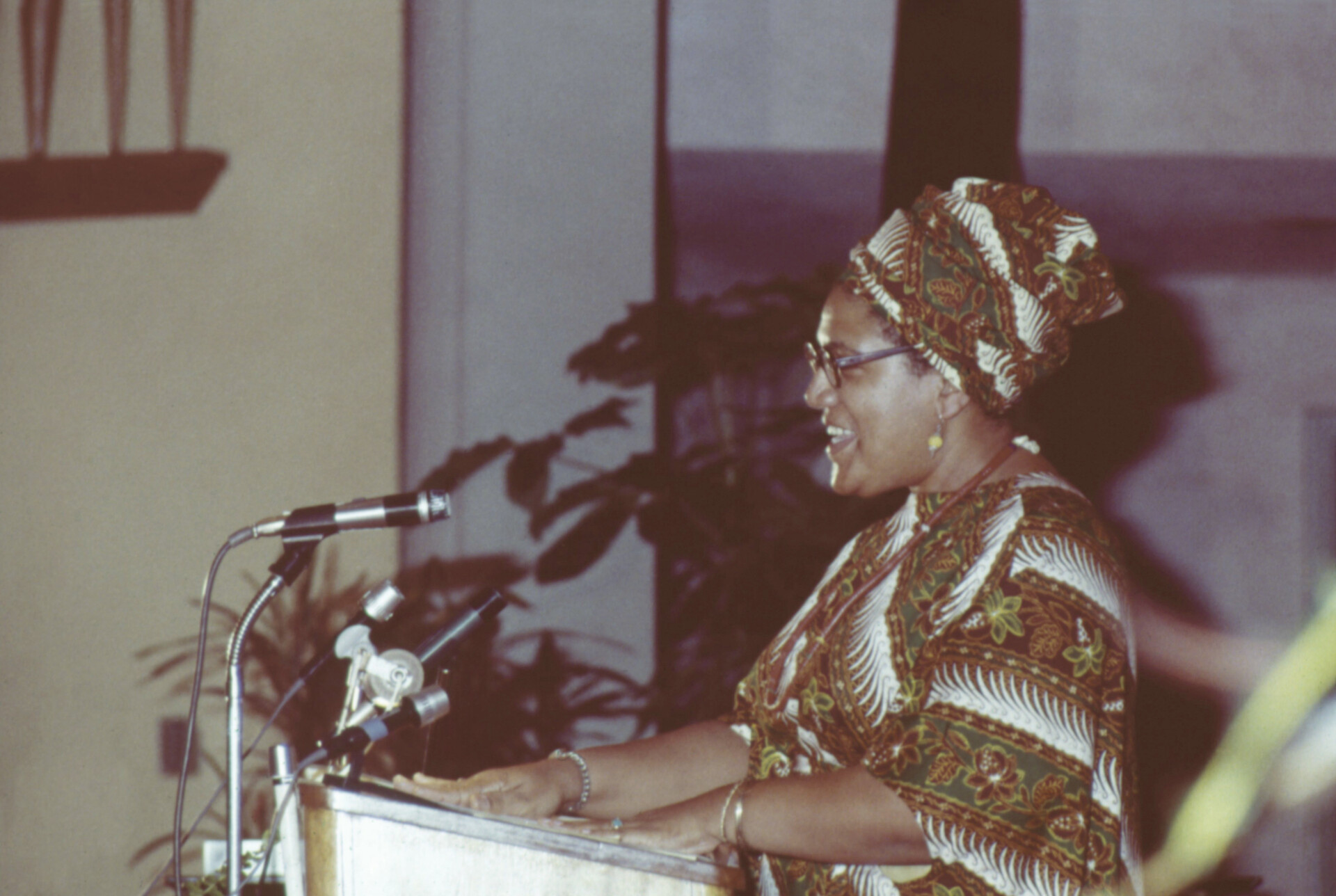Audre Lorde’s transformative presence in Berlin, from 1984 until her passing in 1992, offered a poignant lens through which to examine Germany’s profound societal shifts and enduring challenges. Bearing witness to the monumental changes during German reunification, Lorde found Berlin to be a complex source of both solace and disquiet, a city whose inherent warnings and silences would deeply influence her work and anti-racism activism. Her insightful observations remain acutely relevant for understanding the nation’s ongoing struggles with its past and present.
Arriving in Berlin as a guest professor, Lorde quickly observed the disconcerting undercurrents in a supposedly unified Germany. Her speeches, delivered even amidst the euphoria following the Berlin Wall’s fall, starkly contrasted the celebratory narrative. She highlighted the escalating violence against racialized communities, including the tragic death of Amadeu Antonio, one of the first recorded cases of neo-Nazi brutality in the newly formed nation. This stark reality shaped her perspectives on the true definition of freedom in a country grappling with its legacy.
Beyond critique, Lorde actively fostered a vibrant Afro-German identity movement. Collaborating with figures like May Ayim, she helped coin the term “Afro-German” and co-edited “Showing Our Colors,” a groundbreaking collection that for the first time presented personal narratives from Afro-German women, exploring their lives through Germany’s complex colonial history and subsequent eras. These efforts solidified her role in building a resilient, self-aware African diaspora within the country.
A recurring and central theme in Lorde’s Berlin years was the pervasive historical silence she perceived within German society. She acutely recognized a societal reluctance to confront uncomfortable truths, particularly concerning racism and historical atrocities. This silence, she noted, manifested differently than in the United States, often characterized by a profound societal quietness that she believed masked unresolved issues and unacknowledged prejudices, hindering genuine progress.
Lorde vehemently challenged this silence through her powerful poetry and direct public addresses. In works like “Berlin Is Hard on Colored Girls,” she articulated the racial divisions she witnessed, while in “East Berlin 1989,” she foreshadowed the burgeoning far-right violence with chilling accuracy, writing of “misplaced hatreds.” She consistently pressed audiences to engage and speak out, famously questioning silent crowds: “But if you have nothing to say, then why are you still sitting here?”
The Audre Lorde Berlin experience continues to resonate profoundly in contemporary German politics. The recent ascent of the far-right AfD party and instances of state repression against pro-Palestinian voices, coupled with Germany’s stance on the Gaza conflict, reflect the very issues of historical denial and weaponized silence that Lorde critiqued. Her insights into how a state can dehumanize and erase oppressed people remain a powerful framework for current events.
Lorde’s commitment to joy, community, and solidarity, even while confronting her own declining health, offers enduring lessons. Her work from this period, detailed in “Audre Lorde: Dream of Europe,” emphasizes survival not as a theoretical concept but as an active, daily engagement. She urged individuals to confront internal contradictions and give voice to all aspects of themselves, proposing this as a template for fostering authentic relationships with others and challenging societal norms.
Ultimately, Lorde’s time in Berlin underscores the urgent need for continuous social justice Germany efforts. Her piercing question to Helmut Kohl, “Where are the ‘good Germans’ who will not acquiesce this time in silence?”, remains profoundly pertinent today, especially concerning Germany’s historical and contemporary responsibilities. Her legacy serves as a vital reminder that true freedom and justice demand unwavering vigilance against the insidious power of silence and the persistence of misplaced hatreds.






Leave a Reply